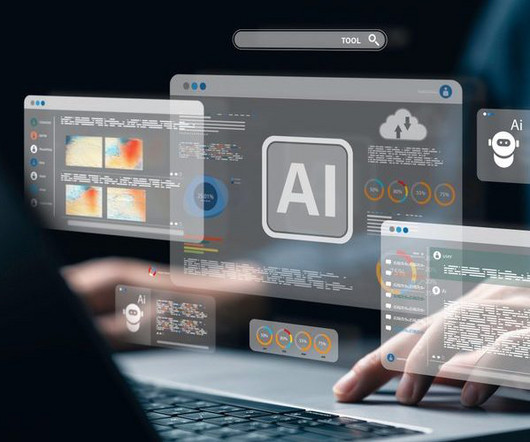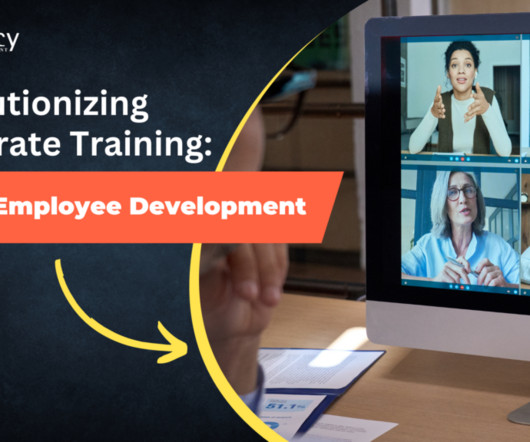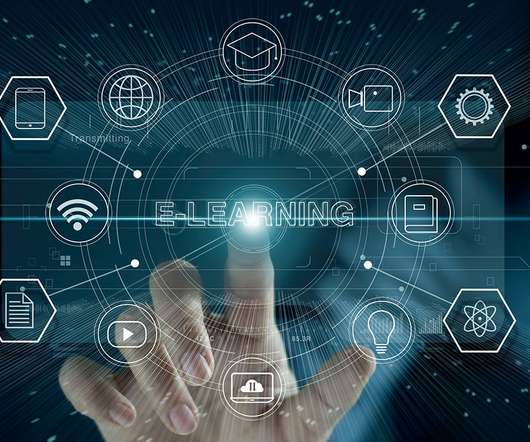Utilizing AI to revolutionize how we approach traditional L&D challenges
Learning Pool
OCTOBER 23, 2023
We also need easy ways to visualize the data so we can see patterns, insights and even future trends. Artificial Intelligence (AI) is an umbrella term for computer software that mimics human cognition in order to perform complex tasks and learn from them. The first level and key to everything is good data management.



























Let's personalize your content